Welcome to the wonderful world of composting, where your ambition to turn vegetable peelings into black gold could end in a fascinating fiasco! Forget the classic advice and tried-and-true practices; here, we will explore, with a touch of irony, how not to succeed in producing compost by following our six (bad) lessons.
A friendly warning: this guide is obviously meant to make you smile and playfully highlight what not to do. For truly successful compost, you will need to do exactly the opposite of what is advised here. Consider this an anti-tutorial, where each piece of advice is an opportunity to learn what to avoid.
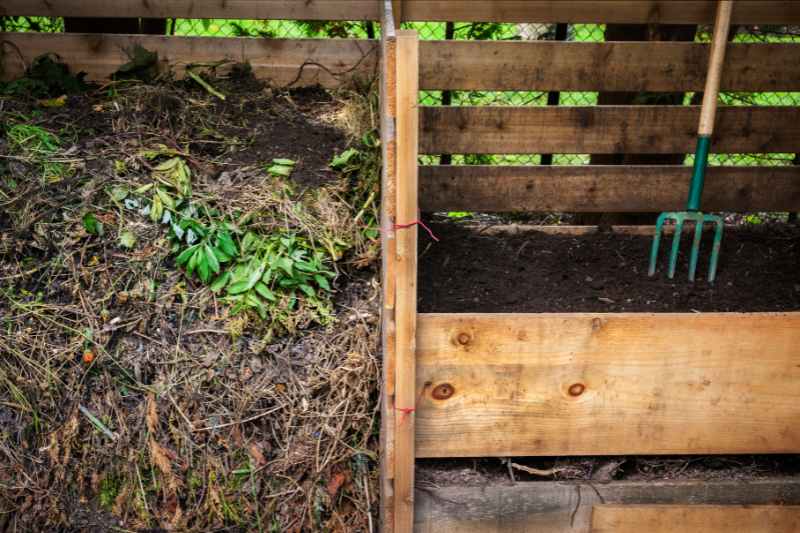
Lesson 1: Choose the wrong location!
To kick off your adventure in "composting" failure, the choice of location is crucial. Find the darkest, most secluded corner of your garden, where neither you nor a single ray of sunshine dares to venture. If you need a headlamp in broad daylight (and a compass!) to find it, you’re on the right track. Remember, microorganisms love a challenge, and what could be more stimulating than working in a cave-like environment? By placing your composter in a constantly damp spot and out of the sun, you ensure an ideal environment for mould proliferation and slow, smelly decomposition.
Indeed, a location that receives partial sunlight is ideal. Too much sun can dry out your compost, while excessive shade can keep it too wet and cold. And remember to place your composter at a reasonable distance from your house. Close enough for easy access, but far enough to avoid any nuisance (like odours, for example).
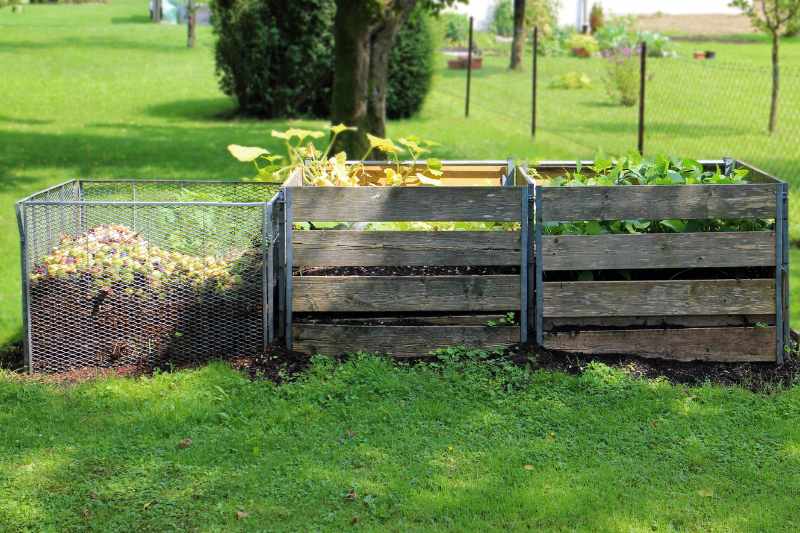
Lesson 2: Mix all waste indiscriminately!
For spectacularly ineffective composting, nothing beats joyfully ignoring the balance between green (nitrogen-rich) and brown (carbon-rich) waste. Toss in your vegetable peelings, grass clippings, and excess leaves, and why not, a few newspapers to pretend you know what you’re doing. Remember, the goal is to create the perfect imbalance: too many "greens," and you’ll have a smelly paste; too many "browns," and your compost will never decompose. It’s the delicate art of unbalancing your compost.
Moreover, if your goal is to throw a wild party in your garden, then generously add meat scraps, cheese, and why not, some bones to your compost. Not only will this promote the most exquisite odours, but you’ll also become the best friend of the rats and ants in the neighbourhood (not to mention foxes or even raccoons!). A true paradise for urban and rural wildlife enthusiasts!
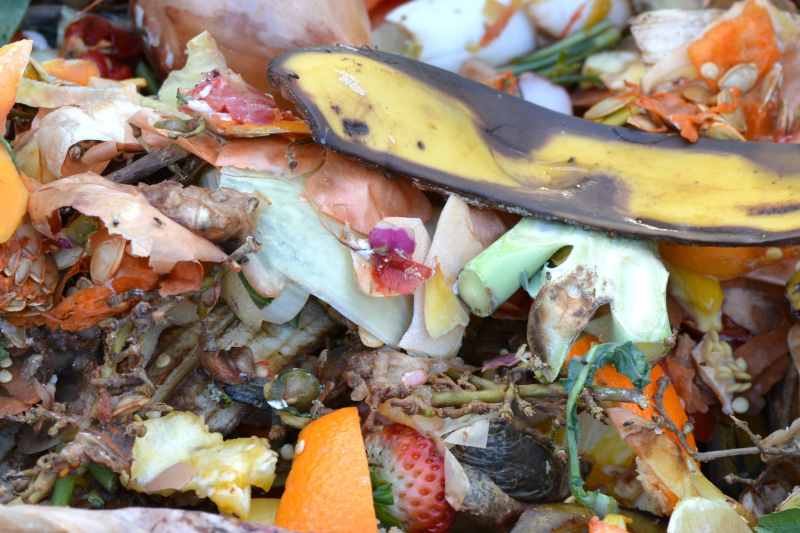
Lesson 3: Do not aerate your compost pile!
To ensure catastrophically compact composting, adopt the secret technique of maximum stacking. Just throw your waste into the composter with the enthusiasm of a child building a sandcastle. Pack, press, compress, until the compost resembles more a modern sculpture than a pile of organic waste. The more material, the better. Forget those old ideas about the importance of air in composting.
The compost aerator? What a superfluous invention! For truly fruitless composting, avoid this tool at all costs. The aerator is designed to introduce air, promote decomposition, and speed up the composting process. By avoiding this tool, you guarantee a perfect environment for mould growth and the creation of a compact, suffocated mass, where even the most daring microorganisms would not venture.
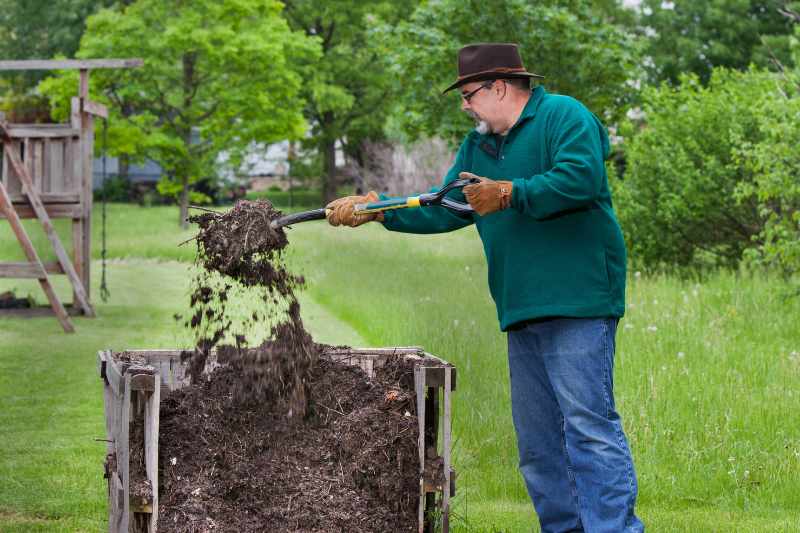
Lesson 4: Intensive watering is the key to success!
You may have heard that compost should be as moist as a wrung-out sponge, but where’s the fun in that? To truly fail in your composting adventure, adopt the motto "the wetter, the better". Turn every watering session into a true deluge. Don’t be afraid to flood your compost pile until it overflows with water. After all, why settle for moderately moist compost when you can have your own swamp in the garden? Not only will you attract a diverse wildlife (mainly mosquitoes and other aquatic insects), but you might also start a new trend in gardening.
Lesson 5: Inspect your compost as little as possible!
To truly excel in the art of failed composting, adopt the policy of blissful ignorance. Let nature take its course without any intervention from you. After all, why bother checking the moisture, aeration, or even the temperature of your compost? That requires far too much effort. Convince yourself that microorganisms and insects know what they’re doing and don’t need your help (though generally, that’s true, but not in this specific case).
One of the unexpected joys of a neglected compost is the surprise of discovering wild plants or even forgotten vegetables that have taken root. These unexpected visitors may result from seeds from fruits or vegetables tossed into the compost. While this is not the goal of well-maintained compost, there is something magical about seeing nature reclaim its rights and transform neglect into abundance.
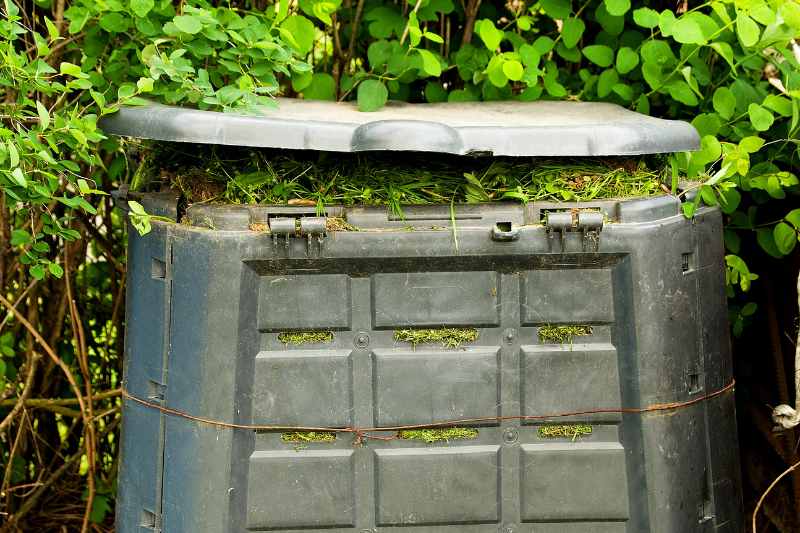
Lesson 6: Trust rodents and pests!
Don’t forget to invite special guests: rodents. Leave out pieces of cheese or bread to attract rats and mice and watch in admiration as they dig, move, and redistribute your organic waste. Isn’t it wonderful to see nature in action, even if it’s in the form of little creatures nibbling everything in their path?
Then, don’t forget the insects! Why settle for compost worms and the usual small fauna of a compost pile (rose beetle larvae, woodlice, springtails, millipedes...) when you can have an army of flies, gnats, and mosquitoes? These little insects bring a touch of life and movement to your compost pile. Their presence is an undeniable sign that your compost is very much alive… but perhaps a bit too welcoming.
To prevent a proliferation of flies and mosquitoes on the surface of your compost, consider adding a layer of dry materials over the fruit and vegetable scraps.
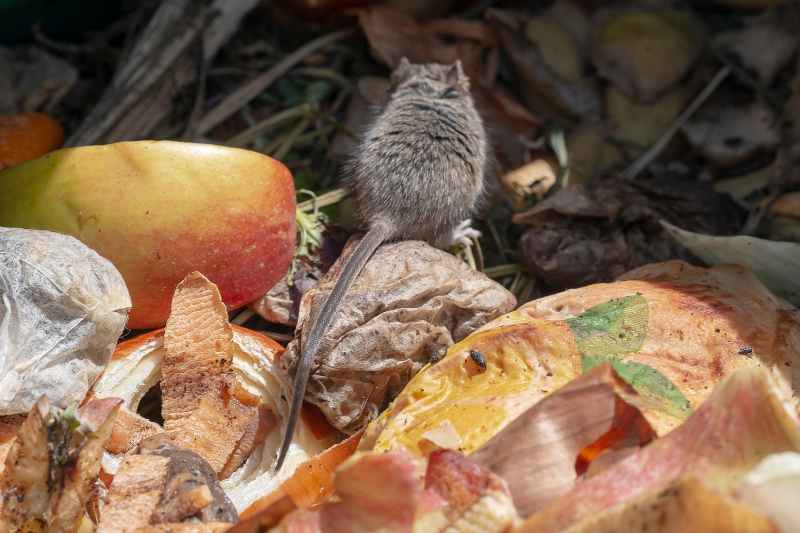
In conclusion...
After this humorous journey through the ways to fail at composting, it’s time to return to reality. Starting in 2024, composting organic waste will become mandatory in France, in accordance with legislation aimed at reducing the environmental impact of waste. This measure aims to encourage recycling and the valorisation of organic materials.
If you truly want to succeed in your composting, do exactly the opposite of everything we have suggested. Look for a good balance between green and brown waste, avoid throwing in meat and cheese scraps, aerate your compost regularly, keep it moist but not soggy, monitor it to prevent any pest invasions, and above all, don’t forget it in a corner of your garden. A well-maintained compost is a treasure for any gardener: it enriches the soil, reduces waste, and promotes healthy and sustainable growth of your plants.
Finally, we invite you to share your own composting stories and experiences. Have you ever made a hilarious mistake or encountered an unexpected challenge while composting? Has your compost ever attracted surprising visitors? Share your adventures and misadventures with us. Every story is an opportunity to learn, laugh, and remember that, in gardening as in life, mistakes are often our best teachers.
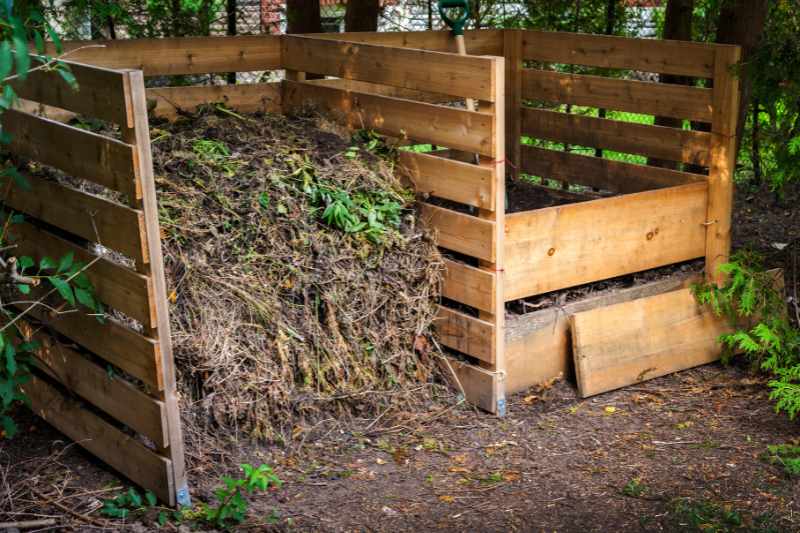































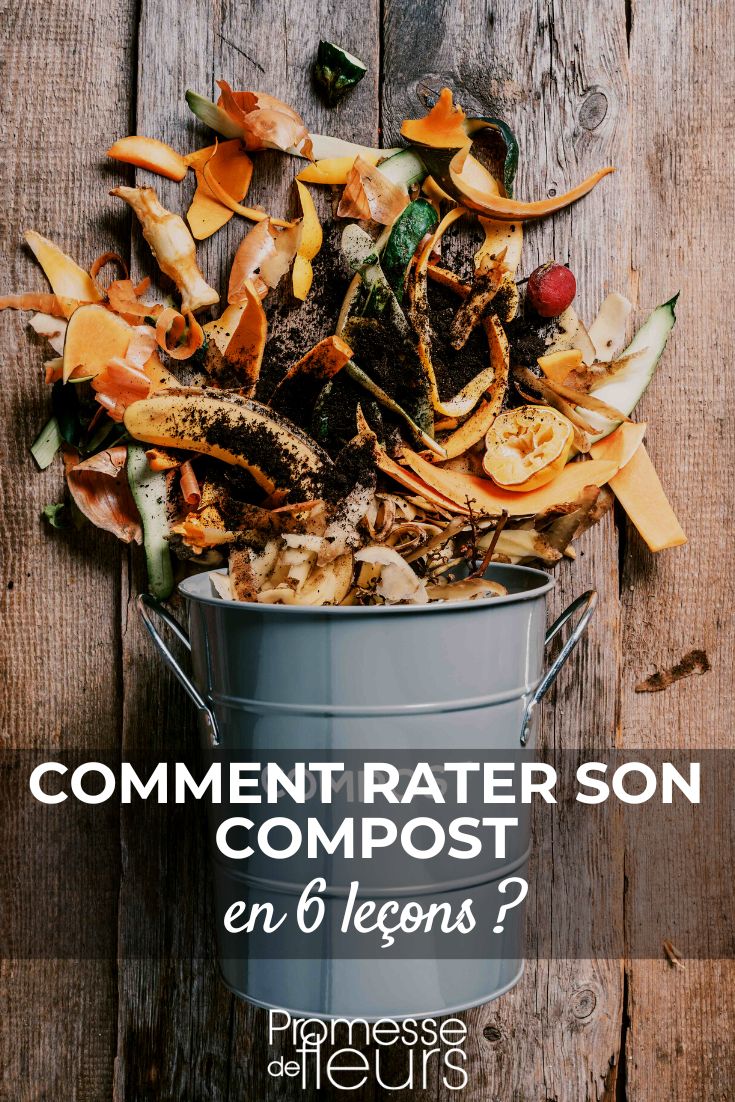
Comments